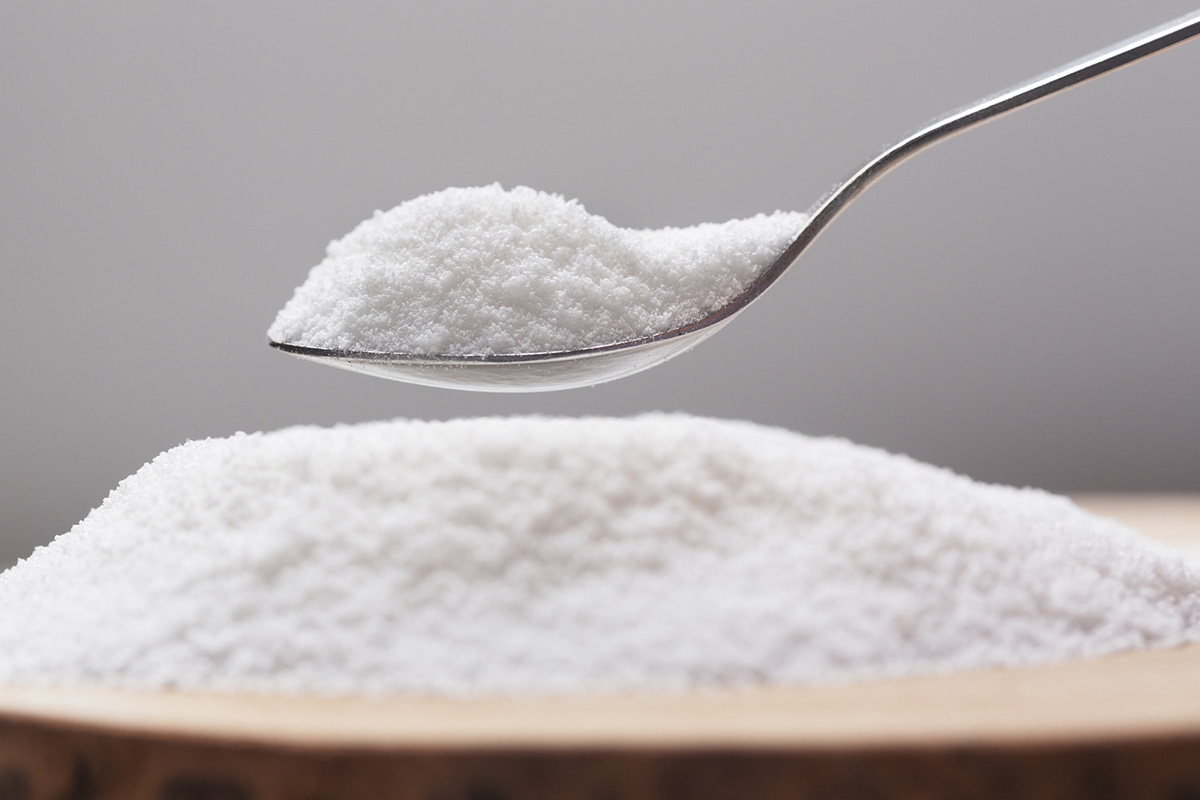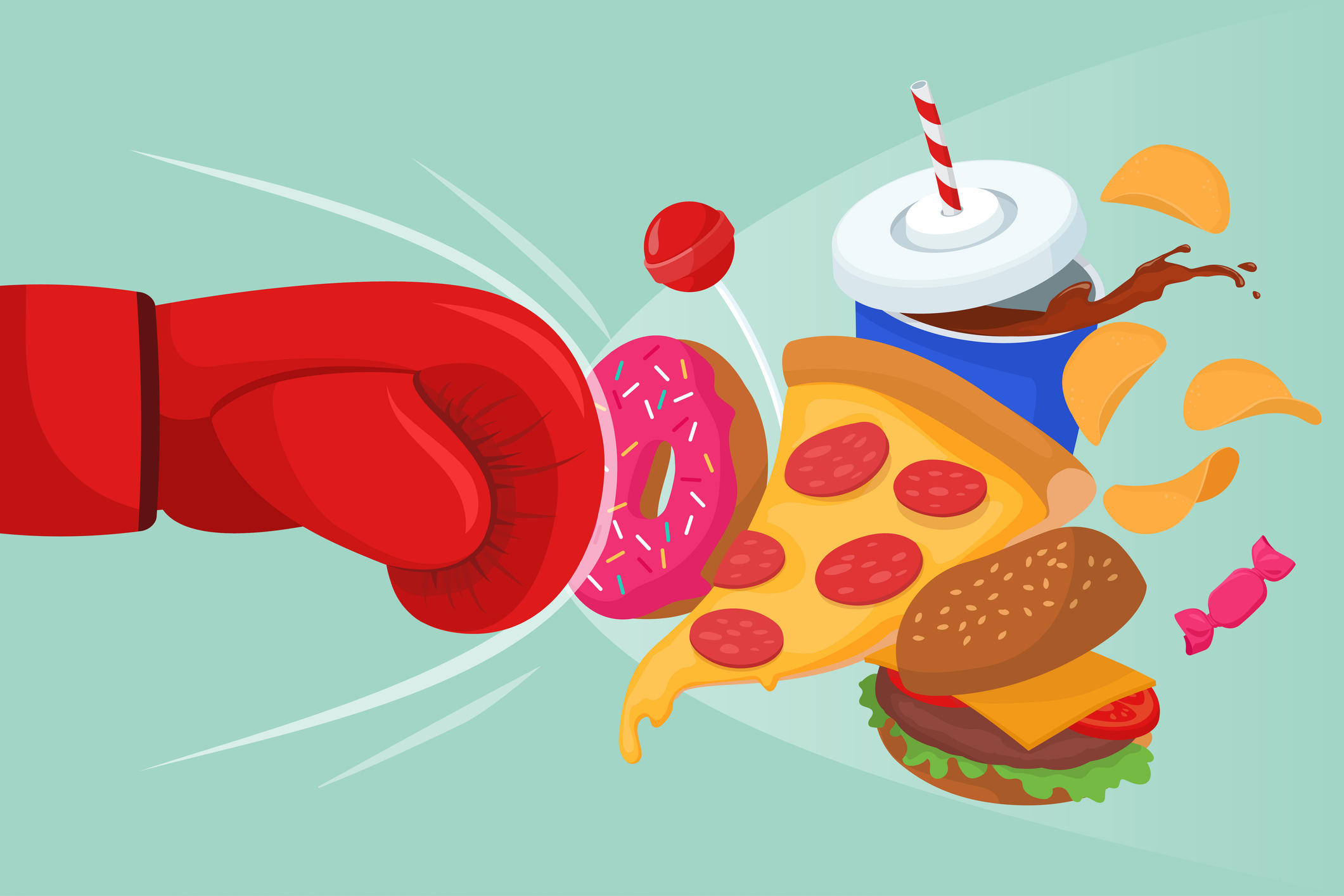I recently had the pleasure of interviewing Dr. Renee Joy Dufault (pronounced Doo-Foe), author of Unsafe at Any Meal: What the FDA Does Not Want You to Know About the Foods You Eat.
You can listen to the podcast here.
The title intentionally paraphrases Unsafe at Any Speed, Ralph Nader’s classic 1965 exposé of the automotive industry, which set in motion safety reforms like seatbelts, crash testing, and airbags that are now standard features of today’s vehicles.
Wouldn’t it be nice if safety and wholesomeness were to attain the same priority in our food supply? While tens of thousands are slaughtered annually on our highways, the vehicular death toll is exceeded by at least a factor of ten due to the harmful effects of processed foods.
(In our interview, Dr. Dufault doesn’t take credit for the book’s title; as so often happens, she says it was concocted by clever marketing people. That reminded me of my own experience with a best-seller I wrote in the 90s. My original working title was The Baby Boomers’ Repair Manual. The publishing gurus at Simon & Schuster insisted it be changed to Intelligent Medicine. While my pride was wounded that they didn’t embrace my edgy title, Intelligent Medicine proved a durable brand for my radio show, podcasts, newsletter and social media in subsequent years.)
Clearly Dr. Dufault is a worthy successor to Nader as an industry insider blowing the lid off the food industry’s dark secrets. She earned a B.S. degree in Environmental Policy Analysis and Planning at the University of California, Davis, then served stints at the National Institutes of Health and the Environmental Protection Agency. While a food investigator for the Food and Drug Administration, she discovered toxic mercury residues in the plumbing systems of food manufacturing plants and in processed foods sold in supermarkets.
When Dr. Dufault revealed these disturbing findings to her superiors, she was told to stop her investigation. She retired early and began to devote her energy to making the public aware of the insidious dangers that contaminate our food.
It’s well known that processed foods are unhealthy. They’re laden with industrially-refined fats, sodium, sugar and artificial ingredients; they’re bereft of fiber, vitamins, minerals and phytonutrients; and, they’re laced with artificial ingredients—flavorings, colorants, texturizers, emulsifiers and preservatives. Unless they’re organic, they’re laden with pesticide, herbicide, and chemical fertilizer residues.
It’s now thought that some of the pernicious effects of junk food derive from its impact on the microbiome. Even sugar-free artificially-sweetened beverages don’t help people lose weight because they disrupt intestinal balance, which in turn undermines metabolic signaling.
Plus, they’re scientifically formulated to be especially yummy, overwhelming our natural satiety mechanisms and hijacking our cravings. The goal is to stoke consumption and generate profits. Skimping on quality ingredients keeps margins high. The demands of shelf life encourage “stability” in lieu of freshness.
And, as Dufault points out, processed foods are cheaper than their natural counterparts—the result of perverse incentives created by government agricultural subsidies that encourage over-production of wheat, corn and soy.
Warning about the harmful effects of ultra-processed foods seems like an obvious “DUH”. But the unique reveal in Unsafe at Any Meal is the pervasiveness of mercury in our foods.
It’s enough that high-fructose corn syrup is a calorie bomb, and that it’s ubiquitous in the U.S. diet. It’s in beverages, salad dressings, condiments, even infant formula. But it hasn’t always been that way.
Dufault points out that consumption of corn sugar has soared over 8,000% since its introduction in the 1970s. This alone has been cited as the reason for our current epidemics of obesity and diabetes.
But Dufault fingers high-fructose corn syrup as a Trojan Horse for an even more insidious toxin: mercury. She writes of the industrial process by which corn sweeteners are made:
“As part of the washing process, the starch is softened as it is cleaned . . . Next mercuric chloride is added to the mix to inhibit naturally-occurring starch-degrading enzymes that are produced by bacteria . . . Finally, the starch is dried; this is the material from which corn sweeteners are derived.”
The inevitable results are mercury residues in widely consumed processed foods like candy, soda, energy drinks, iced tea, sweetened juices, cookies, luncheon meat, ketchup, salad dressing, chips, flavored yogurts, syrups, spreads, jams and jellies, and cake, waffle and pancake mixes.
And labels may not specify “high fructose corn syrup”; dextrose, maltodextrin, and modified corn starch are innocent-sounding ingredients derived from this process that find their way even into “natural” foods.
We tend to think of fish as the main contributors to our mercury burden. Pregnant women are urged to limit consumption of species like albacore tuna, shark, Chilean sea bass, and swordfish. But, when I test patients for mercury, I inevitably find significant levels even in patients who dutifully eschew high-mercury fish. What gives?
Dufault reports the results of a study she performed at a community college in which she measured mercury levels in students before and after an intervention in which they were taught to avoid corn sweeteners. She demonstrated that blood mercury declined significantly—accompanied by improvements in blood sugar.
Why should blood sugar improve? Dufault theorizes—and there’s ample reason to believe her—that better glucose control was not merely the result of avoiding caloric sweeteners. It is recognized that mercury is a metabolic poison, interfering with enzymatic reactions like that of the GLUT gene that regulates sugar handling.
As if that’s not enough, we’re barraged by other endocrine disrupters in processed food—ranging from lead to glyphosate, malathion, organophosphates, and chlorpyrifos.
Why aren’t all of us sick? Why do some studies exonerate these toxins? Dufault invokes the explanation that genetic liabilities render certain individuals more susceptible to toxicity. Indeed, in my practice we are now using spit tests to yield gene profiles that identify weak detox pathways; they’re governed by genes with exotic names like PON, GST, MTHFR, and MT. These glitches are especially prevalent in autism, Parkinson’s Disease, and Multiple Chemical Sensitivity.
What’s the solution? Dufault is skeptical of lobbying for more stringent environmental regulations and food safety rules after the brush-off she received from the FDA. Instead, she calls for us to vote with our consumer dollars by purchasing locally-sourced, organic foods, minimally processed, and free of additives. Her mission is to make us aware of what we’re putting into our mouths. Thus forewarned, we can protect ourselves and our families.








